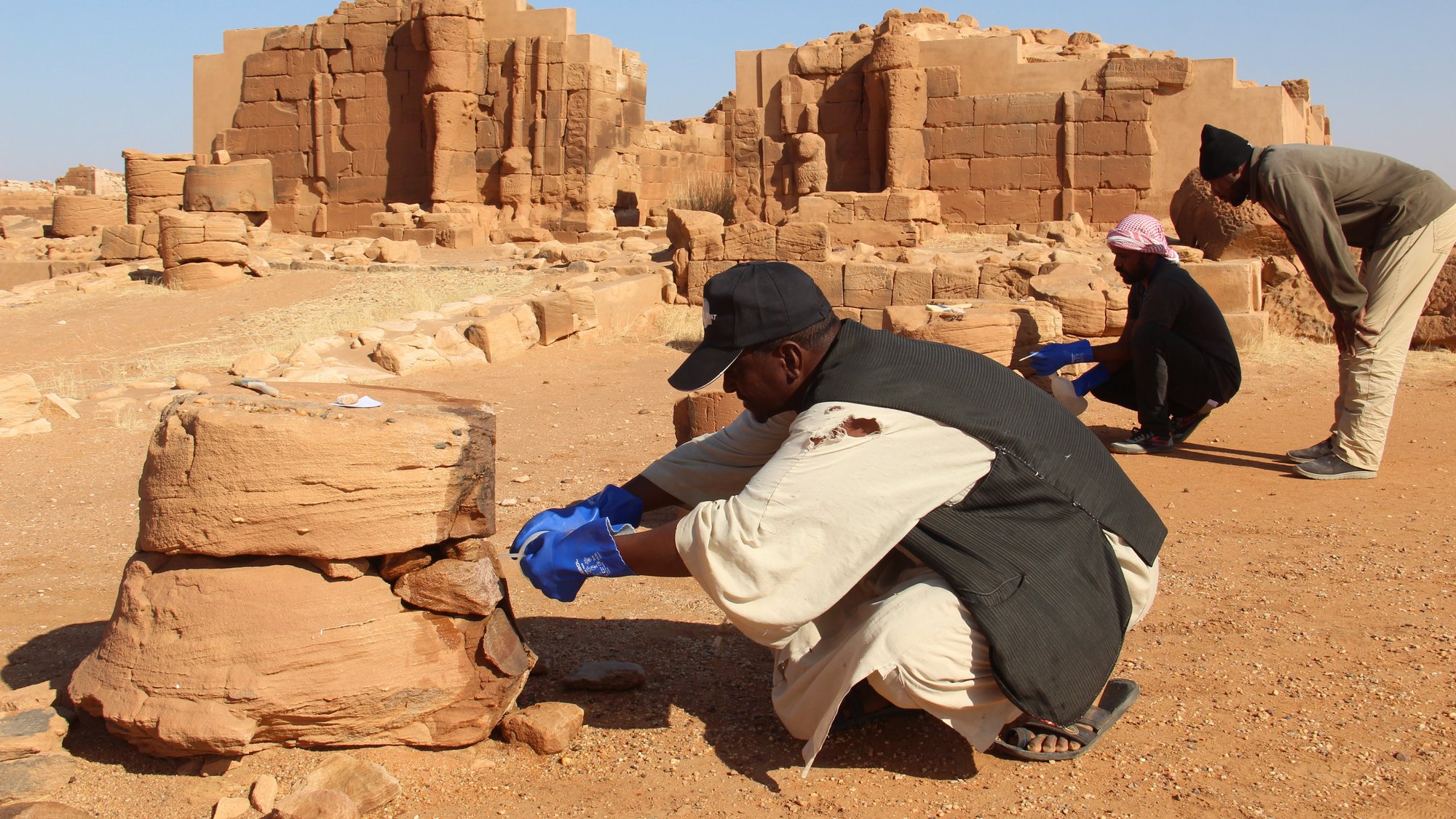Overview
Funded by the Culture Preservation Programme (KEP) of the Federal Foreign Office, several workshops took place in Musawwarates-Sufra in 2022 in cooperation with the National Corporation for Antiquities and Museums (NCAM), the local population and international specialists. The workshops took up current discussions and initiatives regarding the management and preservation of UNESCO World Heritage Sites and reflected on their relevance for Musawwarat. With its extensive architectural monuments from the time of the Kingdom of Kush, Musawwarat represents a multi-faceted case study for site-specific and general requirements, problems and possible solutions. Based on a wealth of experience, we were able to develop concrete recommendations for action for the site and implement a selection of practical conservation measures.
In the face of negative impacts on the preservation of Sudan's archaeological (world) heritage through pandemic, political instability and climate change, site protection requires locally and regionally based expertise that can be deployed quickly and flexibly as required. Our focus was therefore on the further training of Sudanese colleagues in the fields of site management and conservation/cultural property protection with the aim of supporting the development of an emergency response team for the UNESCO World Heritage Site 'Archaeological Sites of the Island of Meroe'. This included in particular the local population of Musawwarat, which has built up extensive skills in the field of cultural heritage protection and a close bond with the archaeological site through years of involvement in management and cultural conservation measures.

